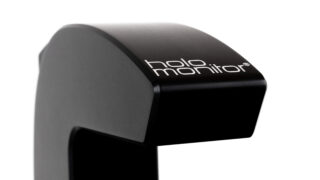PHI and Malmö University receives 2.3 million SEK to detect blood-borne cancer cells
PHI and a group of experts associated with Malmö University was recently awarded a 2.3 million kronor grant by the Knowledge Foundation (KK-stiftelsen, Sweden). In close collaboration with GlycoImaging, the funded project aim to develop new methods for detecting blood-borne metastatic cancer cells.
There are today no simple methods to detect cancer – with a blood test, for example. In most cases, cancer is therefore first diagnosed when a patient consults a doctor because of the symptom the cancer develops. Sadly, this all too often results in that the cancer is treated when it is too late. Before symptoms develop, cancer cells are however often released in the blood stream. Improved detection methods of blood-borne cancer cells would make it possible to diagnose aggressive and intractable cancer with a routine blood test, before symptoms develop.
GlycoImaging is a collaboration project between PHI, Malmö University and four international research institutions. By combining PHI’s HoloMonitor technology with a new type of cancer probes, GlycoImaging aim to develop more sensitive methods to detect and diagnose cancer at an earlier stage than what is possible today. GlycoImaging is funded by a previous grant of €2.1 million from the European Commission.

“The long-term goal is to develop new and improved clinical methods to diagnose cancer. However, the same methods can readily be used in a preclinical context. The projects therefore also provide expertise and resources to in the near-term improve and expand our current HoloMonitor product line, targeting the preclinical research market”, said CEO Peter Egelberg.
To allow commercialization of the developed methods and their substantial market potential, PHI has the right to freely acquire or license the intellectual property rights which emerge in the projects.
The above information was made public pursuant to the EU Market Abuse Regulation.



